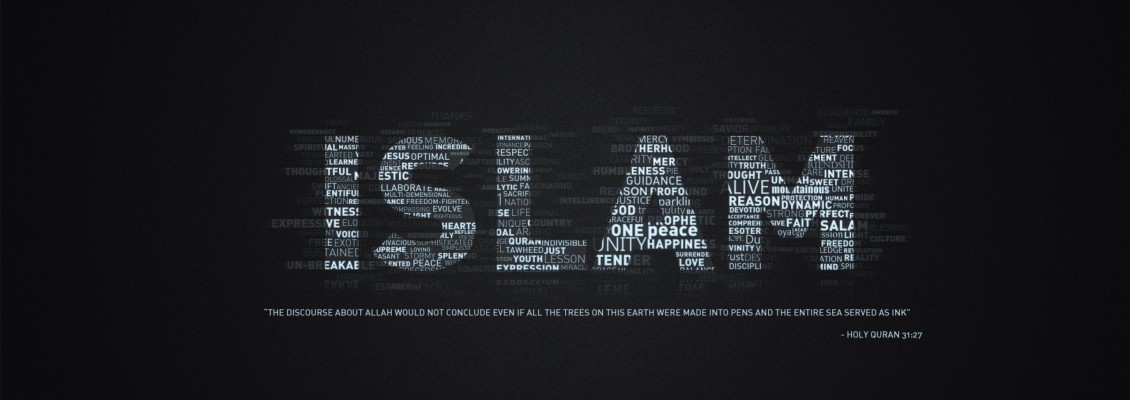
IS RELIGION NECESSARY?
Excavations in Göbeklitepe reveal the existence of religion
since the beginning of humanity. No matter how great the differences in their
worship, people believed in the existence of a higher power and derived comfort
from it. According to Islam, the first human being was the first prophet.
Consequently, there has been no moment in the history of mankind without
religion. In the Qur'an, Allah says: "There is no community that has not
had a warner" [Qur'an 35:24]. Mankind has pondered throughout the ages on
the question of why this phenomenon has existed since the very beginning. In
this article, we will be discussing the answer to the question of why religion
is necessary.
To understand why religion is necessary, we first have to
understand what religion is. Religion is a phenomenon that helps people manage
their lives, encourages them to be good, keeps them in contact with the
Creator, adds meaning to their lives, and meets their spiritual needs. One of
the most important things to be aware of is that religion is not an ideology.
Humans are curious creatures, naturally inclined towards
learning and comprehending. Questions like “Why am I here?” and “What is my
purpose in this life?” tend to occupy the human mind. The only field that
answers these questions is religion. Religion answers the question of the
meaning of existence.
Some studies have shown that religion is also a
psychological need. A lot of people suffering from major depression say they
are unable to find the meaning of life. Religion gives people a purpose in life
and adds meaning to it. Although there are non-religious ideologies that aim to
meet this purpose, they fall short of their goal due to the fact that they do
not encompass every aspect of a person’s life. Cognitive sciences of religion
(CSR), which have increased in popularity in the field of psychology over the
last 30 years, use theories from the cognitive sciences to examine why
religious thought and action is so common in humans and why religious phenomena
take on the features that they do.
While examining the religion-society relationship, some
sociologists of religion emphasised its functional dimension. Religion can be
defined as a phenomenon that gives meaning to people's lives and puts them in
order, as well as ensuring social cohesion. One example of this might be
Islamic practices that focus on community relations and social welfare, as well
as individual wellbeing. But this definition only highlights one dimension of
religion. Other effects of religion include substantial cultural influence.
Religion affects culture in many ways, from cuisine to linguistic elements.
According to classical secularisation theory, secularisation
should be an integral part of modernity. In other words, there is no need for
religion in modern society. According to Auguste Comte, reason would replace
religion in the modern era, and religion would disappear. In actuality,
however, religion has begun to appeal to wider masses in modern times, and
fundamentalist movements have begun to emerge: religion has in no way lost its
place on the world stage. This suggests the fact that religion is needed in the
modern era too.
Religion is also very important in moral matters. As
mentioned earlier, there is no society without religion. For this reason,
according to Islam, morality originates from religion. A society without
morality would be dragged into chaos. So another reason religion is necessary
is the way it imposes morality on members of society.
When we buy a washing machine, it comes with a user manual.
Given that mankind is the most complex system in the world, every human needs a
user manual to make sense of life and to comprehend it. Religion fulfils this
need. You could think of the existence of religion as a gift from God to human
beings. Because without religion, it would be difficult for people to find God.
Even though the human mind is capable of realising God’s existence, God has
blessed people with religion alongside reason.

Leave a Comment